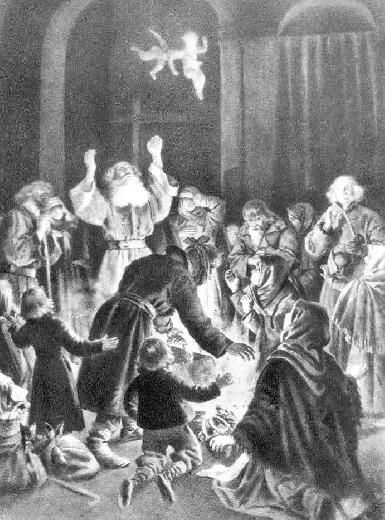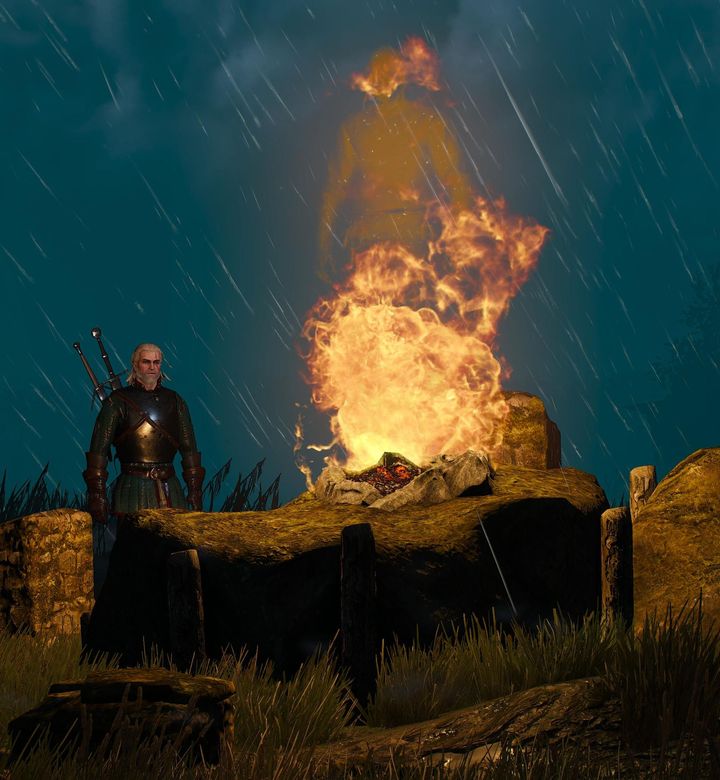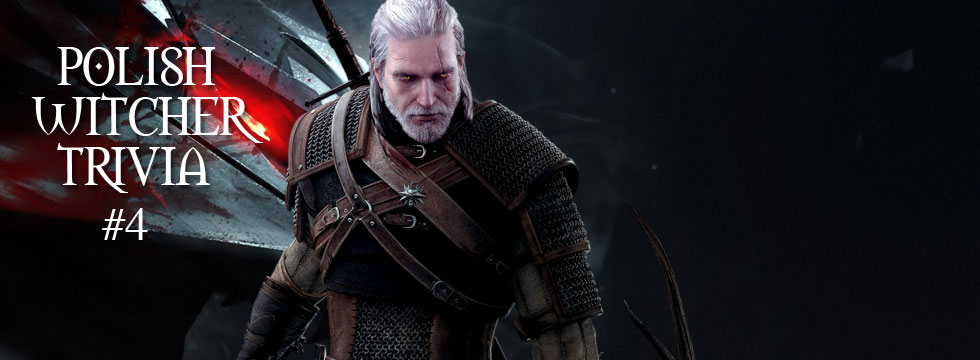Polish Witcher Trivia #4 – Forefather's Eve
Polish Witcher Trivia Strikes Back. This time we tackle an ancient rite that Slavs used to perform long before Christianity settled in and see how it fits into the world of The Witcher 3.
Oh wait, is it this day already? It sure seems like it… Well then, who am I to say no to Polish Witcher Trivia part 4? For those of you who are not familiar with the series yet, I’m trying to familiarize all the international Witcher fans with certain Easter eggs and references in The Witcher 3: Wild Hunt that might be clear only to Poles. We already looked at poems, dramas, even flowers… and today it’s time for an ancient Slavic event during which the dead are commemorated – the Forefather’s Eve.
The Forefather’s Eve (Polish: Dziady) is a ritual that was often performed by Slavic nations in the pre-Christianity era. The aim of the ritual was to establish relations with souls of the ancestors (forefathers) who came back to their old living places every now and then, as well as gain the favor of the dead, who were believed to be guardians of fertility and harvest.

In The Witcher 3 you get a quest from the pellar who asks Geralt to assist in the Forefather’s Eve on Fyke Isle, just in case souls get uneasy or someone tries to interrupt the ritual. Here is the description of the quest from the journal:
During his travels through No Man’s Land Geralt ran into the pellar once more. The strange fellow had a favor to ask of the witcher. He wanted Geralt to help him perform a cherished local peasant rite known as Forefather’s Eve. During this ritual, he explained, lost spirits are summoned and their deeds judged – fantastic material, by the way, for a poet looking to make his name with an atmospheric ballad. This Forefather’s eve was set to be held at midnight on Fyke Isle, and Geralt, having no other plans and his curiosity piqued, promised to attend.
On Fyke Isle the pellar led the witcher through the arcane rites that marked the opening of Forefather’s Eve. Alas and alack, uninvited guests then arrived and threatened to break up the ritual before its conclusion. The witch hunters considered what the peasants practiced on Fyke Isle to be vile necromancy, and demanded they stop it at once.
During the rite that is performed on Fyke Isle, we can hear many words that Polish readers know from literature. Adam Mickiewicz, a Polish poet, dramatist, essayist, publicist, translator, professor of Slavic literature and political activist, wrote a 4-part poetic drama entitled Dziady that is considered one of the greatest works of European Romanticism. The second part was actually the first to be composed (kind of a George Lucas thing to do, isn’t it?) and it is dedicated mostly to the rite itself, with others telling different stories. Some of the words that the pellar uses during the ritual are taken directly from Mickiewicz’s drama.

This sums up today’s Polish Witcher Trivia, which may not be Polish-exclusive, but definitely has deep Polish roots. Moreover, the version of Forefather’s Eve introduced in The Witcher 3: Wild Hunt uses the Polish source material so… there you have it. If you want to read more fun facts like these, make sure to check out previous entries in the series, which I linked below for your convenience. I’ll see you again in two weeks, folks!


